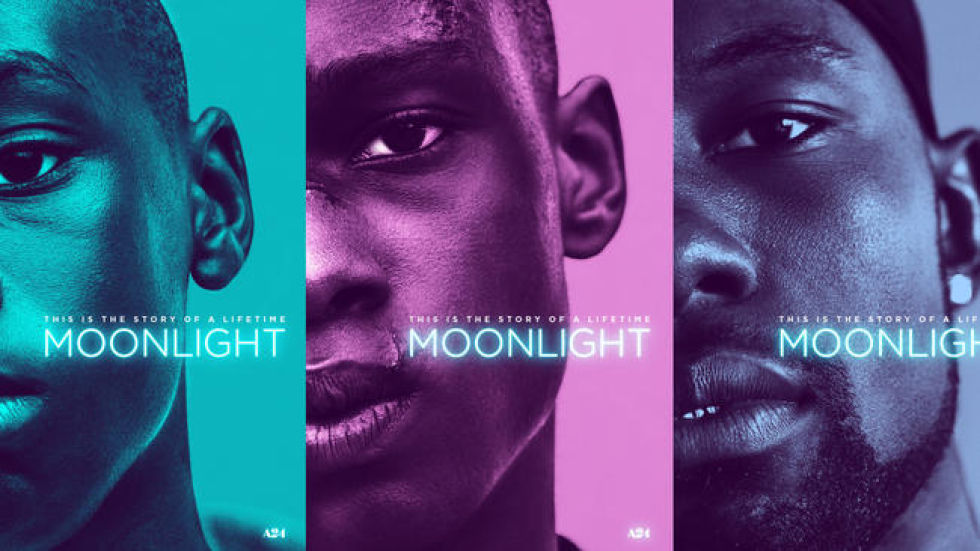That same day that I woke up to hear the sad, sad news was also the day that several people in my cohort and I were traveling to Philadelphia, PA for the National Communication Association conference. I will admit, I did not want to go. A bunch of academics under one roof, lamenting over the state of our country? Yeah... I'll pass. All this to say, I did go. And was pleasantly surprised. Because in my four days there, I uncovered a sense of rejuvenation I might not have before. This post is not so much about anything grounded in academia. Rather, I wanted to recount some ways that I battled my blues, the blues of our current state of U.S. government.
- The conference itself: I do not consider myself much of a scholar. I like what I study, I like talking about what I study. But at the end of the day, sitting down and writing for the sake of publication does not feel like my purpose in life. Now, I get it, there are some who are fit for that lifestyle and I greatly respect that. However, right now, I am not that person. Perhaps that is why I was apprehensive to take that ten hour road trip to a brand new state. I was surprised, though. In attending panels and seeing people speak so passionately about their areas of study, it was refreshing to be immersed in a culture that celebrated the written and spoken word. The people there were brilliant-- my friends included-- and I was astounded by what I saw. Here was a community that was not going to get down about our country. Instead, we were going to talk about it and fight for what was right. I think we all needed to be there at the same time, in order to work this out together.
- Christine: Of course, while in a city such as Philadelphia, I took advantage of the films playing there. When I wasn't shuffling from panel to panel, I took some time out of my schedule to go see some movies. Others find comfort in writing and talking. I find comfort in sitting in the theater and breathing in the life of a new world created by filmmakers. The first I saw was Antonio Campos' film Christine, which tells the story of 1970's news reporter Christine Chubbuck, who was led to insanity by the adage "if it bleeds, it leads." We watch as she circles the drain, eventually culminating into her own suicide on-air. The film itself was tight and taut, filled to the brim with delicious performances. But there is something we need to talk about, and I am sure I will give her a post all her own: Rebecca Hall. Filling into the role of Christine, Hall gives a performance worthy of study. Without knowing much about Chubbuck, everything I needed to know was imbued into Hall's performance-- with her slouched shoulders, watchful eyes, and constant grimace. I was mesmerized by her descent into madness, and even when she removes the gun from her lap and brings it to her head, I couldn't help but ache for the unspoken sanders she held. Hall portrays Christine as a woman who is consumed by her inner demons, and try as she might to escape them, to become the revolutionary television anchor she always hoped to be, she cannot escape who she is. It sounds pessimistic, and it is, yes. But it is in Hall's performance that I found beauty-- I was moved by this portrayal. It was something special, one of the finest in 2016 thus far. And it is in recognizing this that I found some glimmers of joy.
- Arrival: The hype paid off. I have been a fan of Denis Villeneuve for some time now, and being able to slink away from this conference, sit in the cool dark theater and become engulfed in this story of communication and longing was the perfect way to end my weekend. Recruited to communicate with unknown beings that have come to twelve different locations on Earth, Dr. Louise Banks (Amy Adams) must find a way to bring together every inch of our humanity to reach a conclusion about how we communicate with those we consider different. Regardless how the presidential race turned out, this film could not have been released at a better time. And honestly, the less you know about the movie the better. It is beautifully paced and carries itself in stride, as it urges us to recognize the different facets and nuances of how we convey meaning across cultures. This film is so full of love and honesty-- that it is hard to believe that it is a work of science fiction. It may be an ode to classic sci-fi, but the story here is about us. It is about humanity and how we choose to live. I was transfixed for the entirety of the film and if you too are in disarray about the state of our country, please consider seeing Arrival. It may not completely liven up your spirits, but it can certainly help.
I'm still mad. I'm still sad. I'm still confused. But I also know that there is no choice but to move forward. As we continue to make sense of this troubled time ahead of us, I urge you to seek out ways to cope with what will inevitably change. Let's commiserate together, sure, but let's also look to the future and know that we are not alone.

